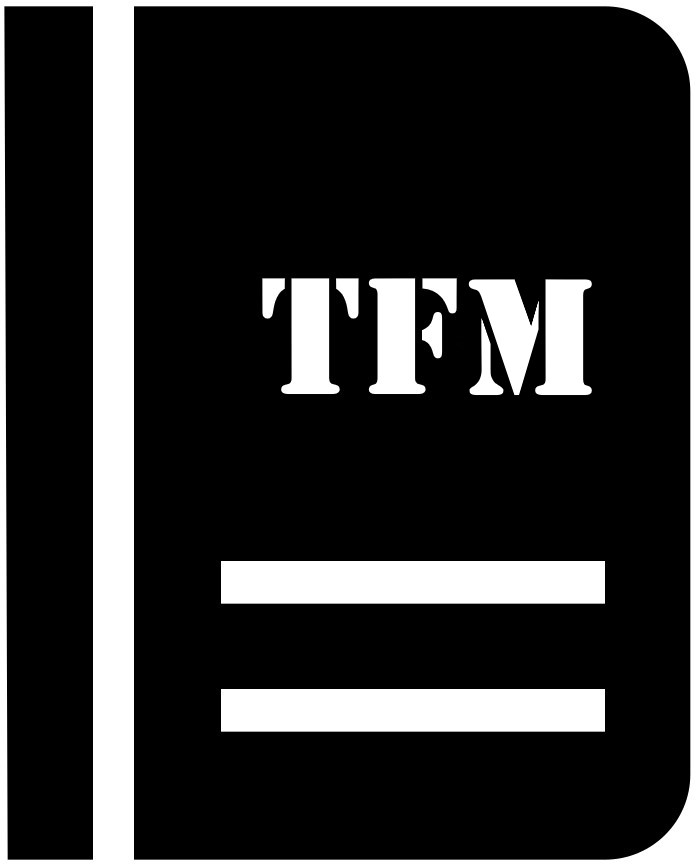|
Author Ferrer Trauttmansdorff, Josep |
Sterilization is defined as the process in which all forms of life, bacterial and micro bacterial, are destroyed in a material and/or object. Nowadays, there are numerous sterilization methods that are generally separated into physical and chemical methods. However, in order to find the best one, it is necessary to choose according to the product to be sterilized, the contamination to which the product has been subjected and the level of sterilization to which the product has been subjected, the level of sterilization demanded by the use to which the product will be destined, the limitations of the place where the sterilization will be carried out or even the medium in which the product in question is packaged. The study that will be carried out as part of this master's thesis aims to study the trio of these three elements, the sterilization method, the product to be sterilized and the way in which the product is packaged, in order to define a sterilization process and justify it for the onsite sterilization of polypropylene cartridges that will later be filled with the active ingredient in liquid state. For this purpose, different methods of sterilization and packaging of the cartridges will be compared, as well as different autoclaves and ways of transferring the material without running the risk of contamination. Subsequently, aspects of the installation, such as waste management, safety, and health, as well as location, will be studied and assessed. |
|
|
Director Artalejo Ortega, Beatriz |
||
|
Degree IQS SE - Master’s Degree in Industrial Engineering |
||
|
Date 2022-03-12
|



